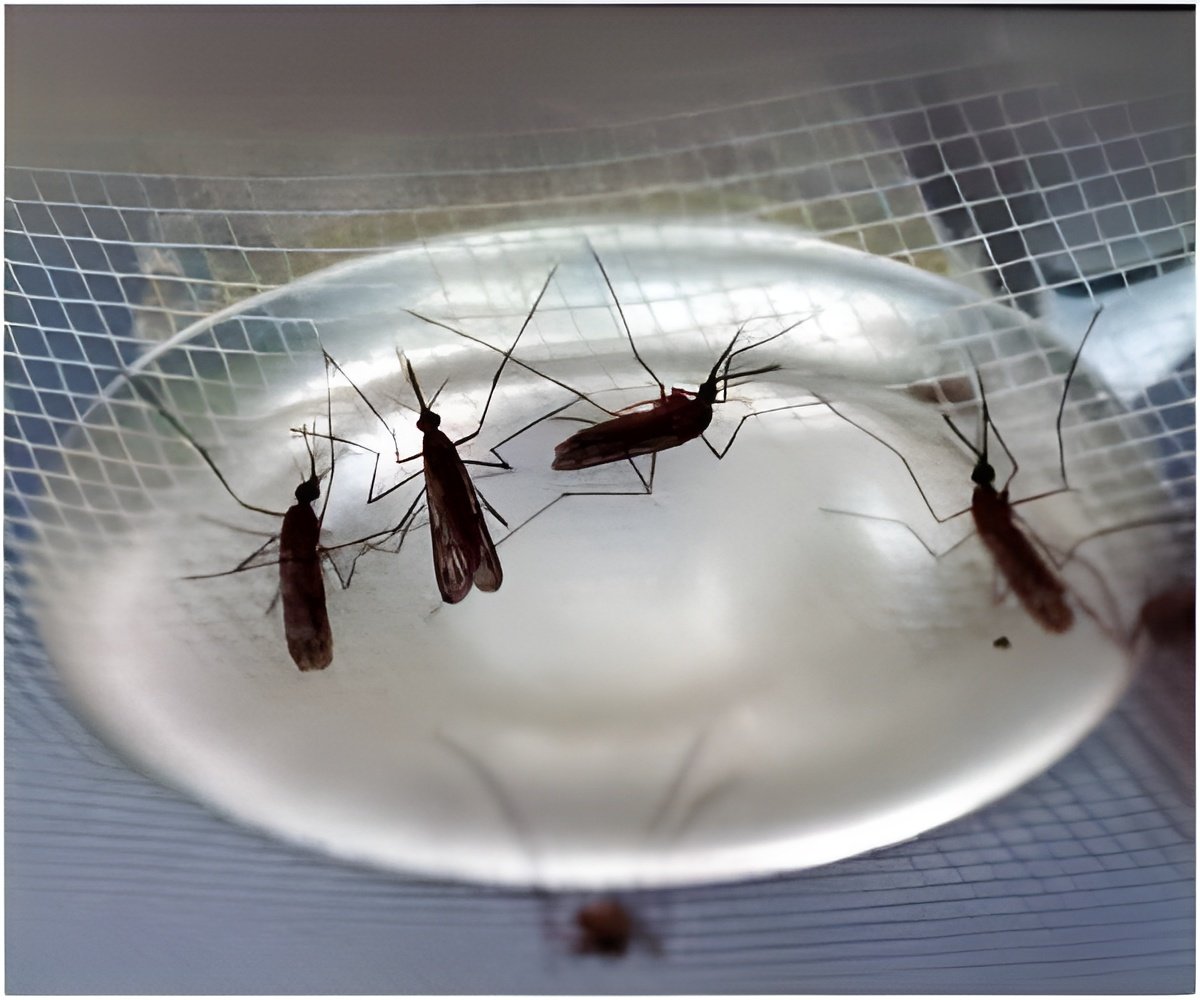
David Fidock, PhD, professor of microbiology and immunology and of medical sciences at Columbia University Medical Center, said, “This allows them to temporarily survive treatment, but it will not be enough for ACTs to fail across Africa, particularly as the partner drugs continue to be highly effective, but it may be a foundation for parasites to evolve stronger degrees of resistance to these therapies, so we have to watch for increasing resistance very carefully.”
He added, “The bad news about our finding is that it shows that resistance can arise through single mutations in one gene and pop up anywhere, at any time. It's quite different from past instances with former first-line drugs, when complex sets of multiple mutations were required and resistance spread only as the mutated parasites spread.”
The study is published in Science.
Source-Medindia














